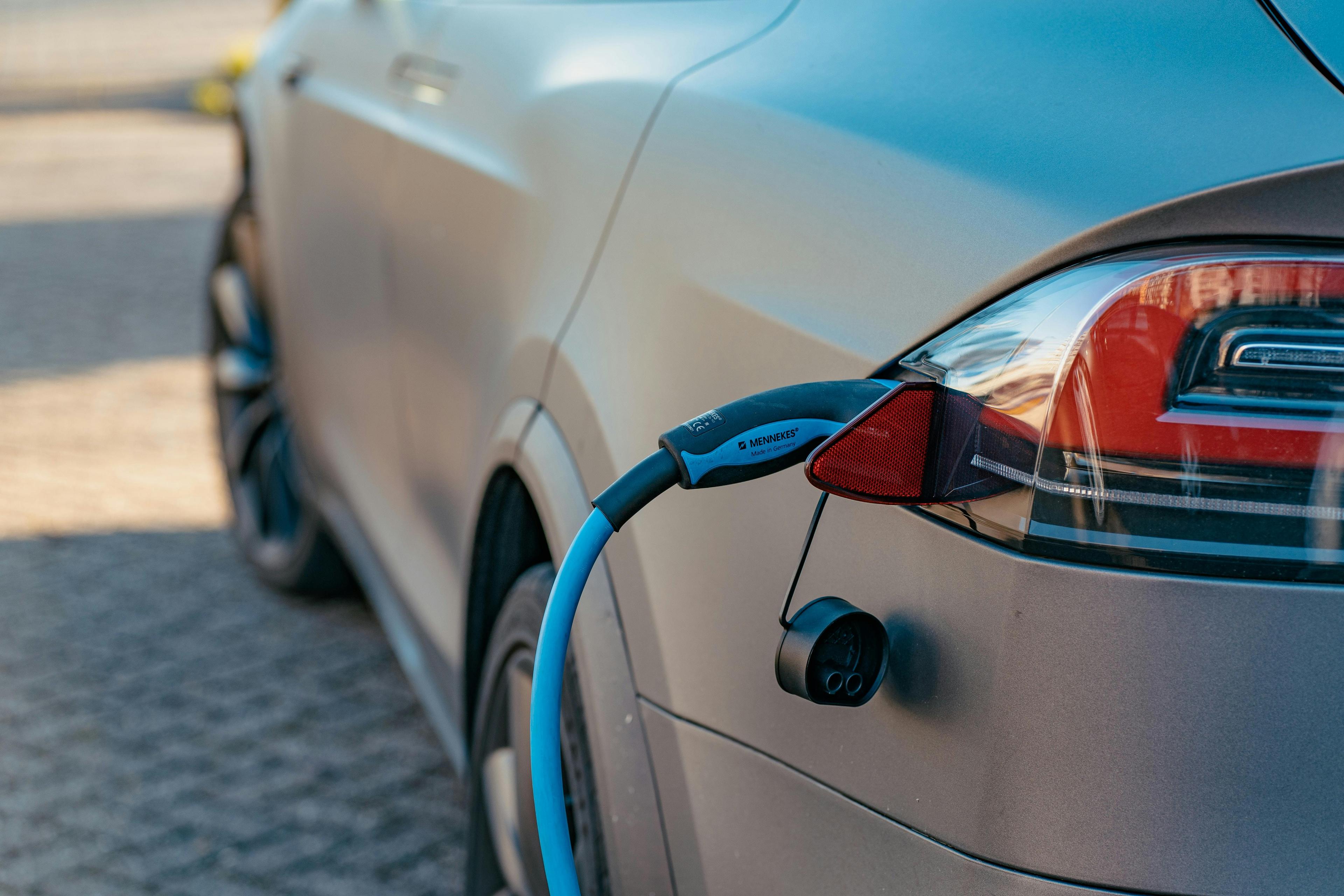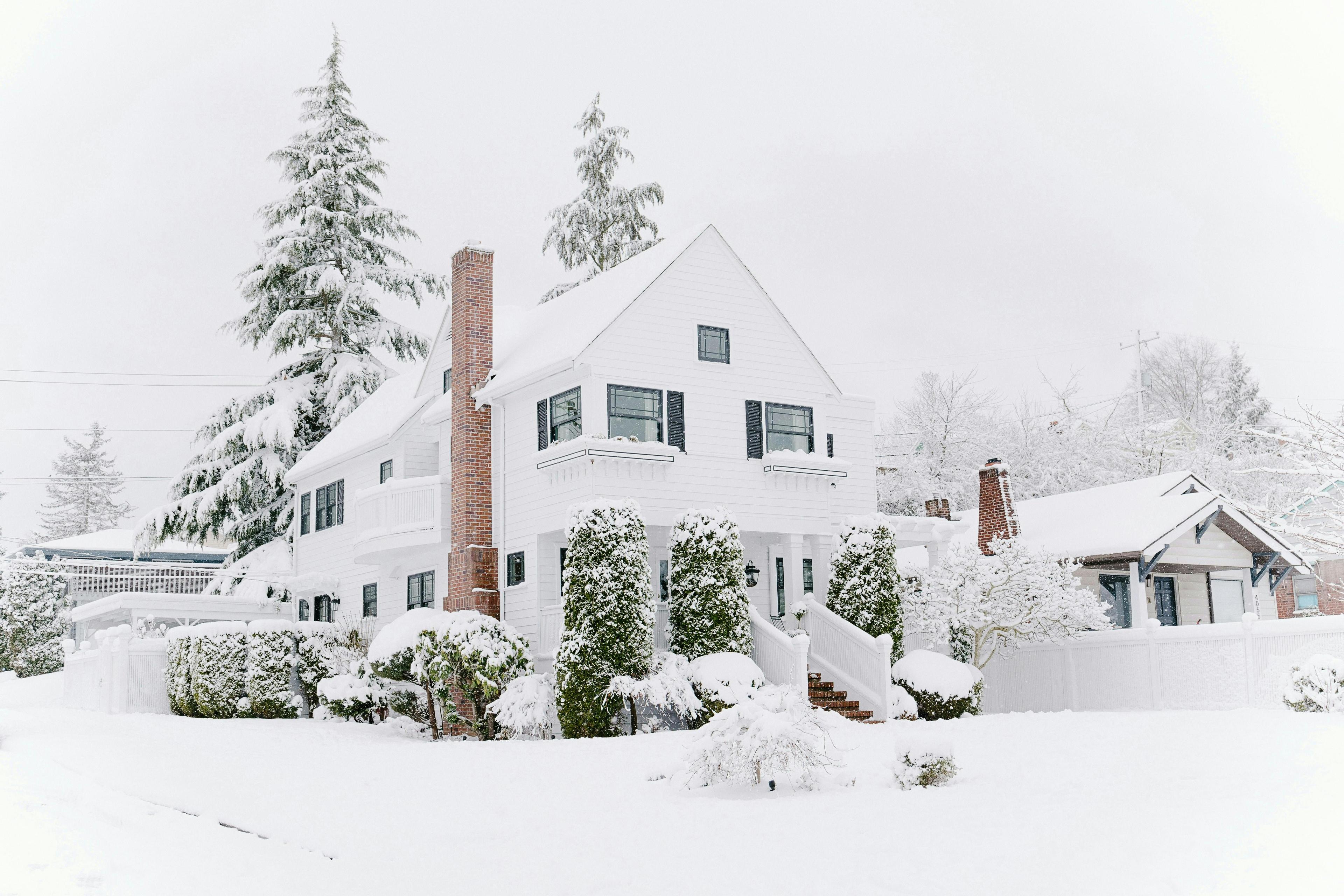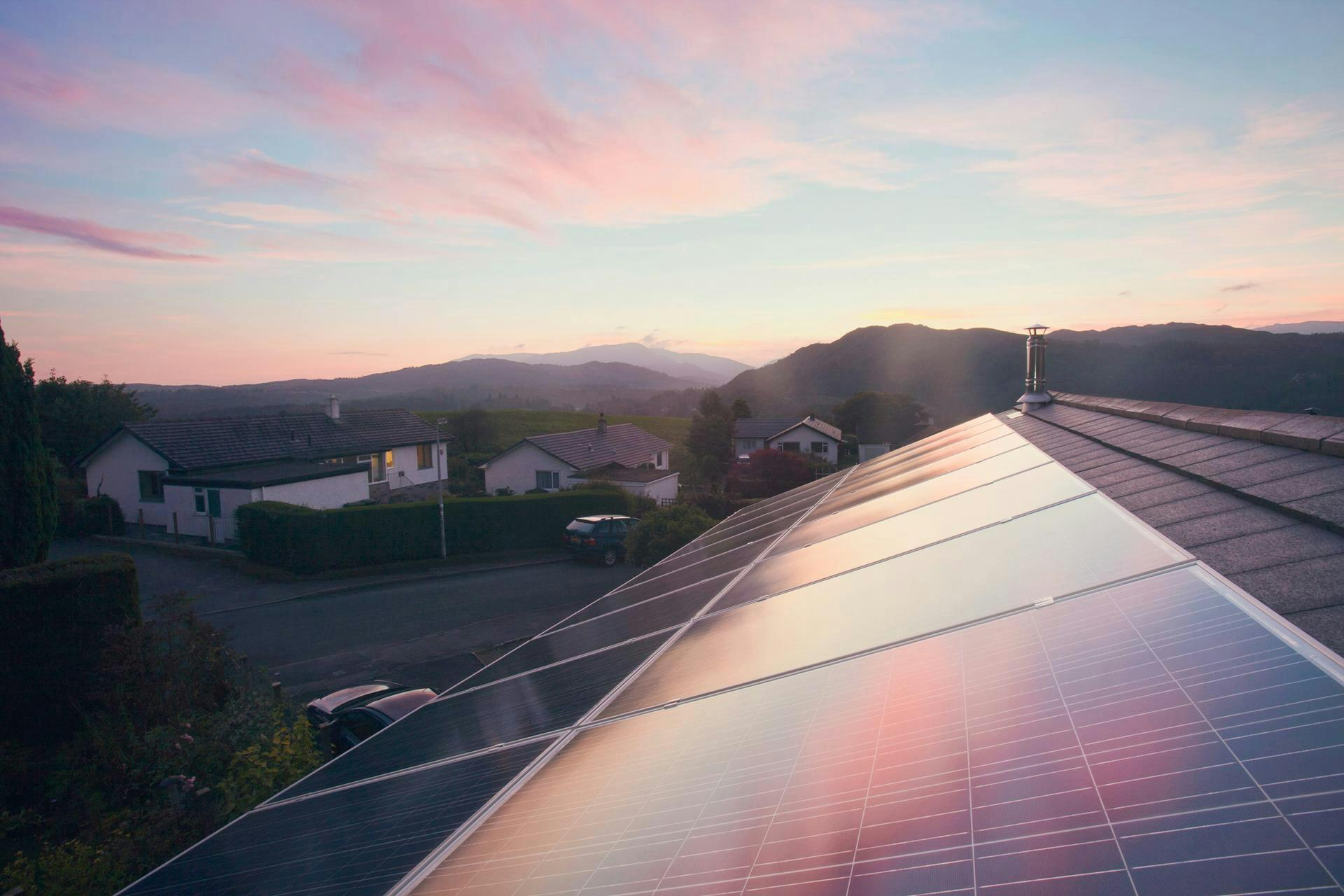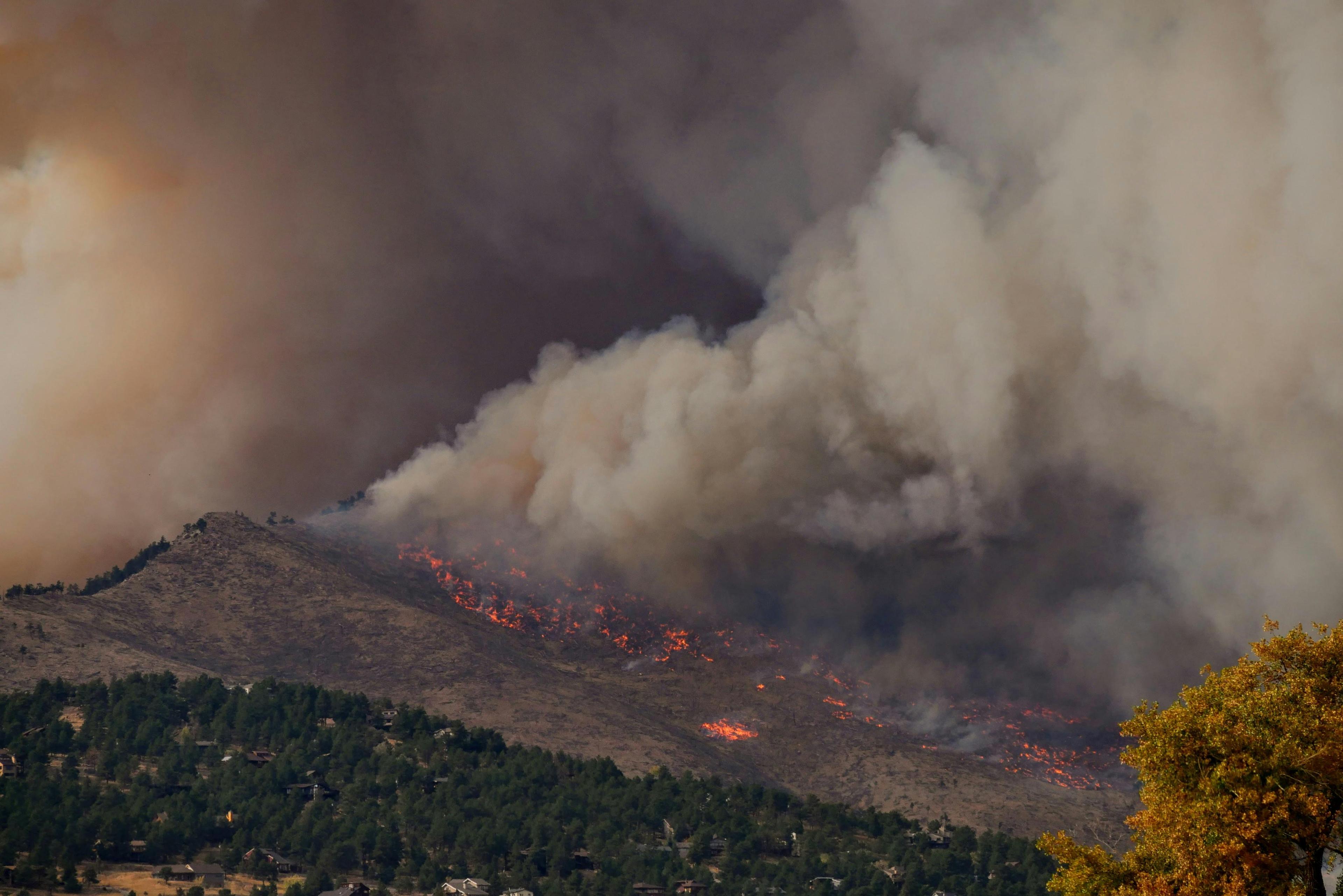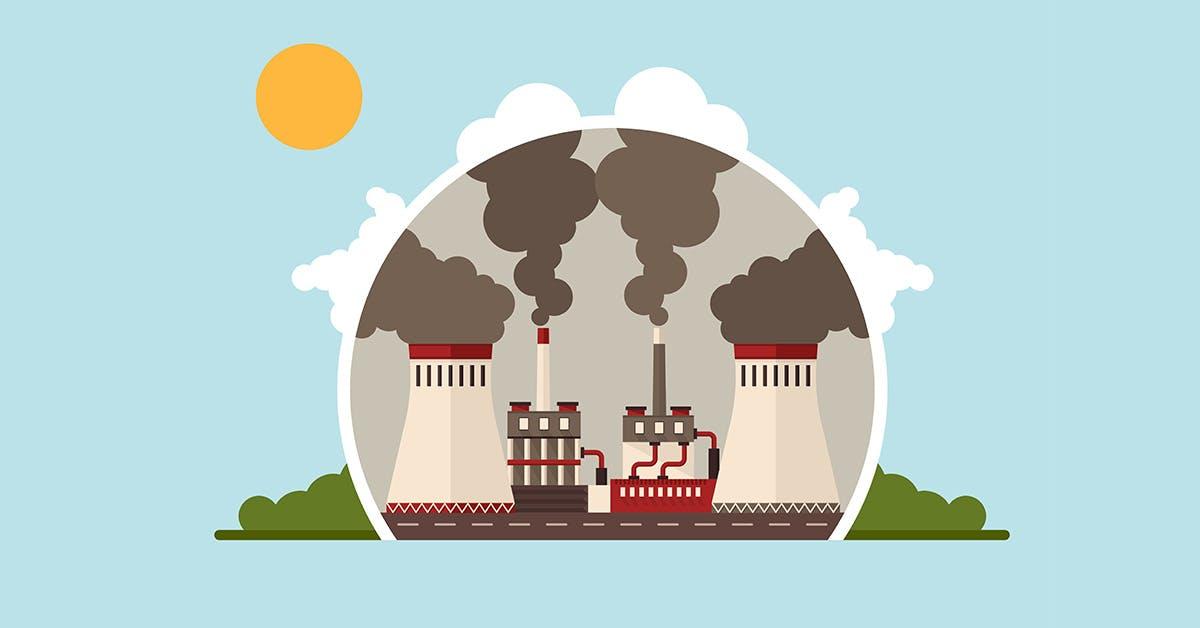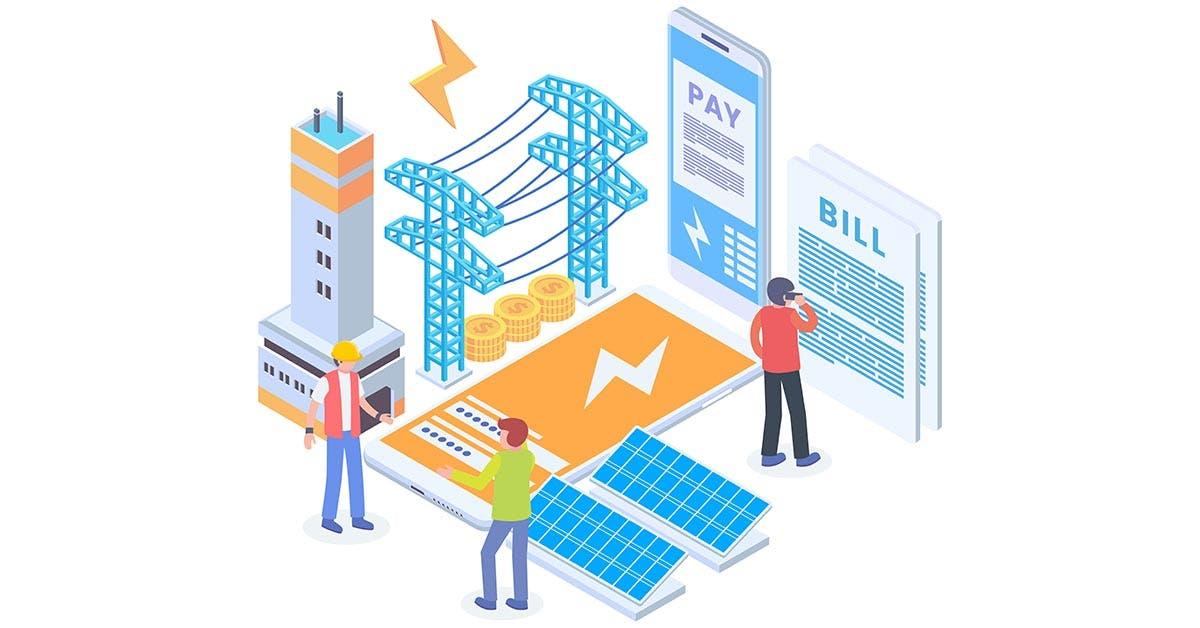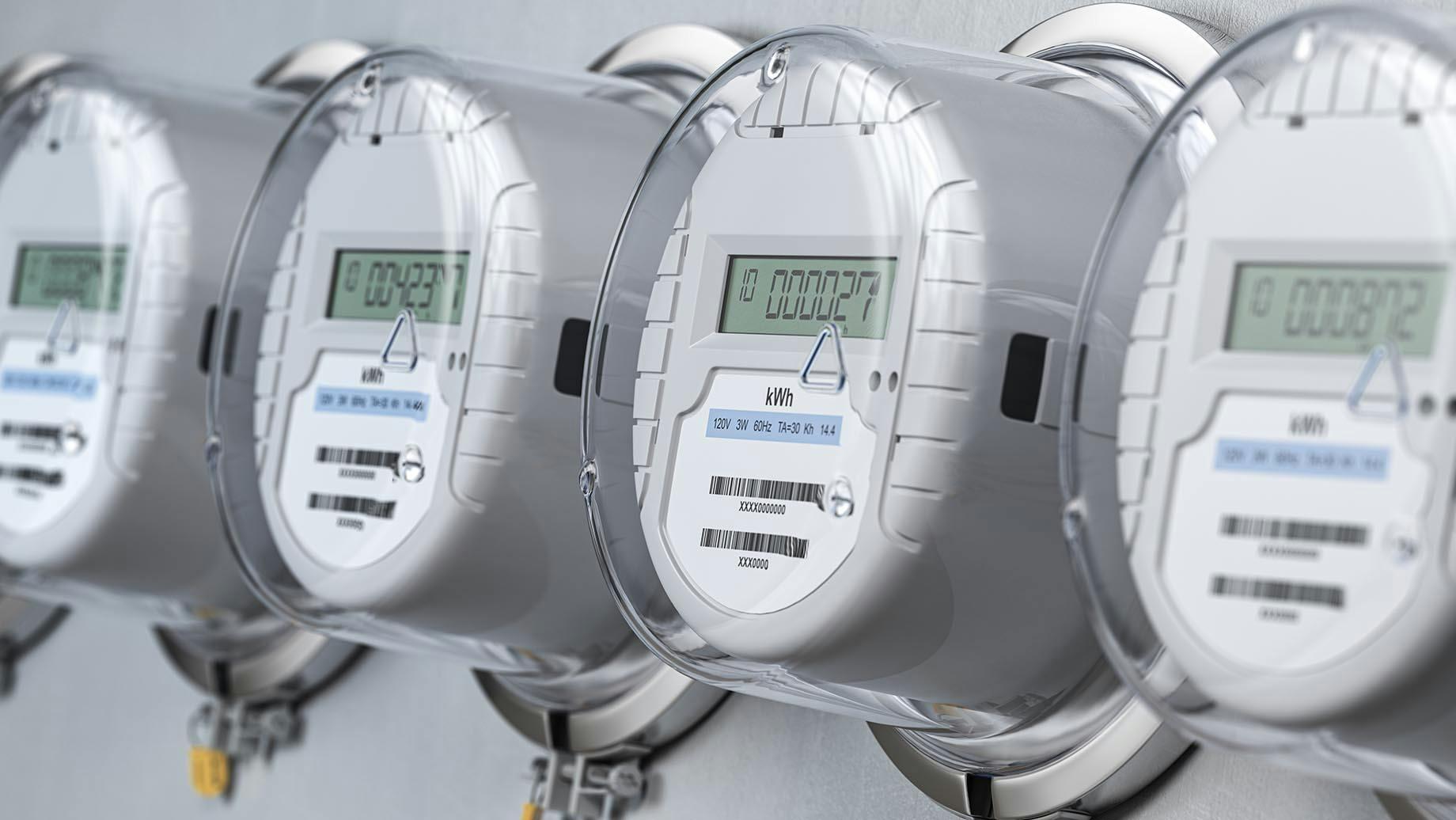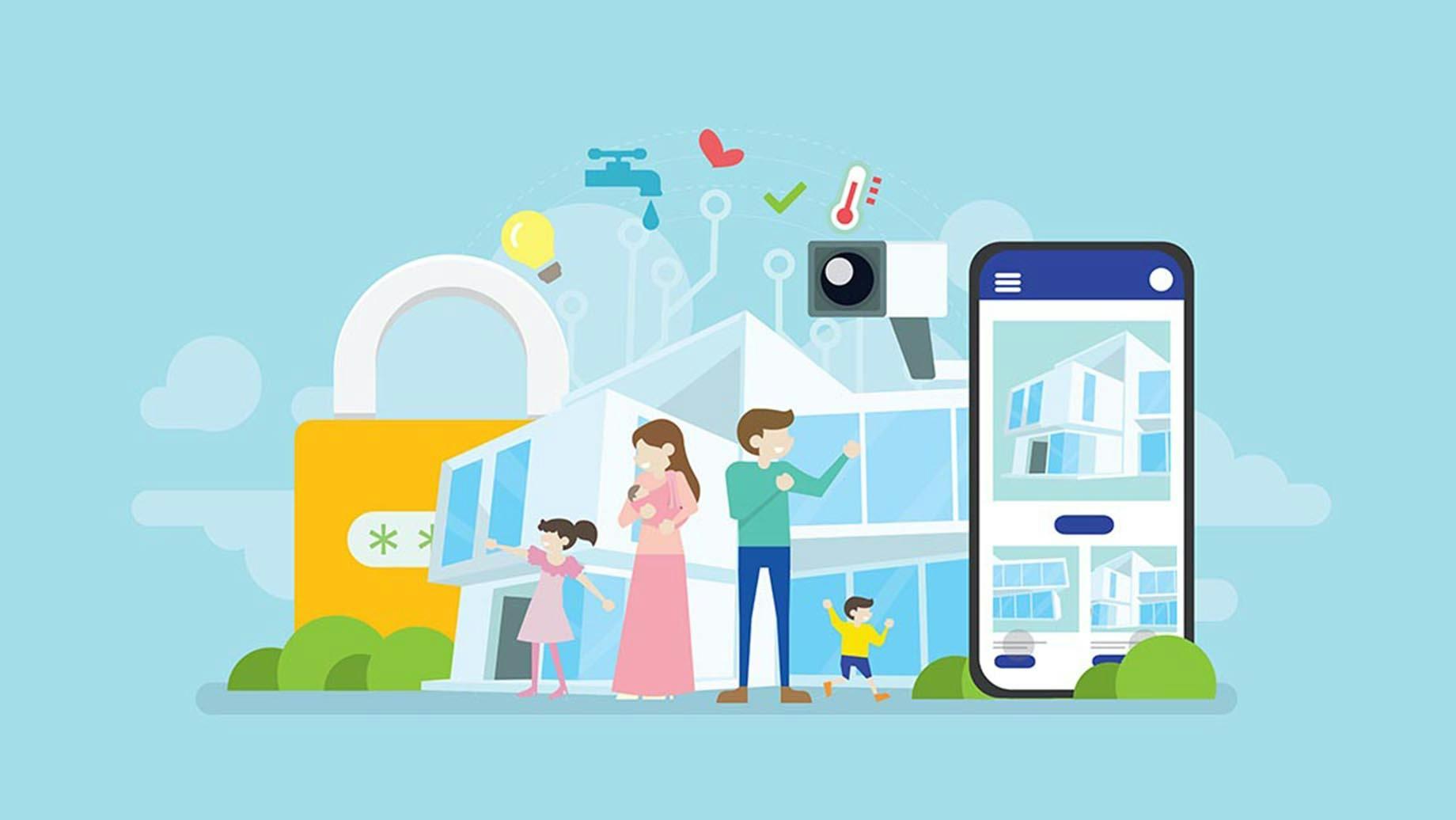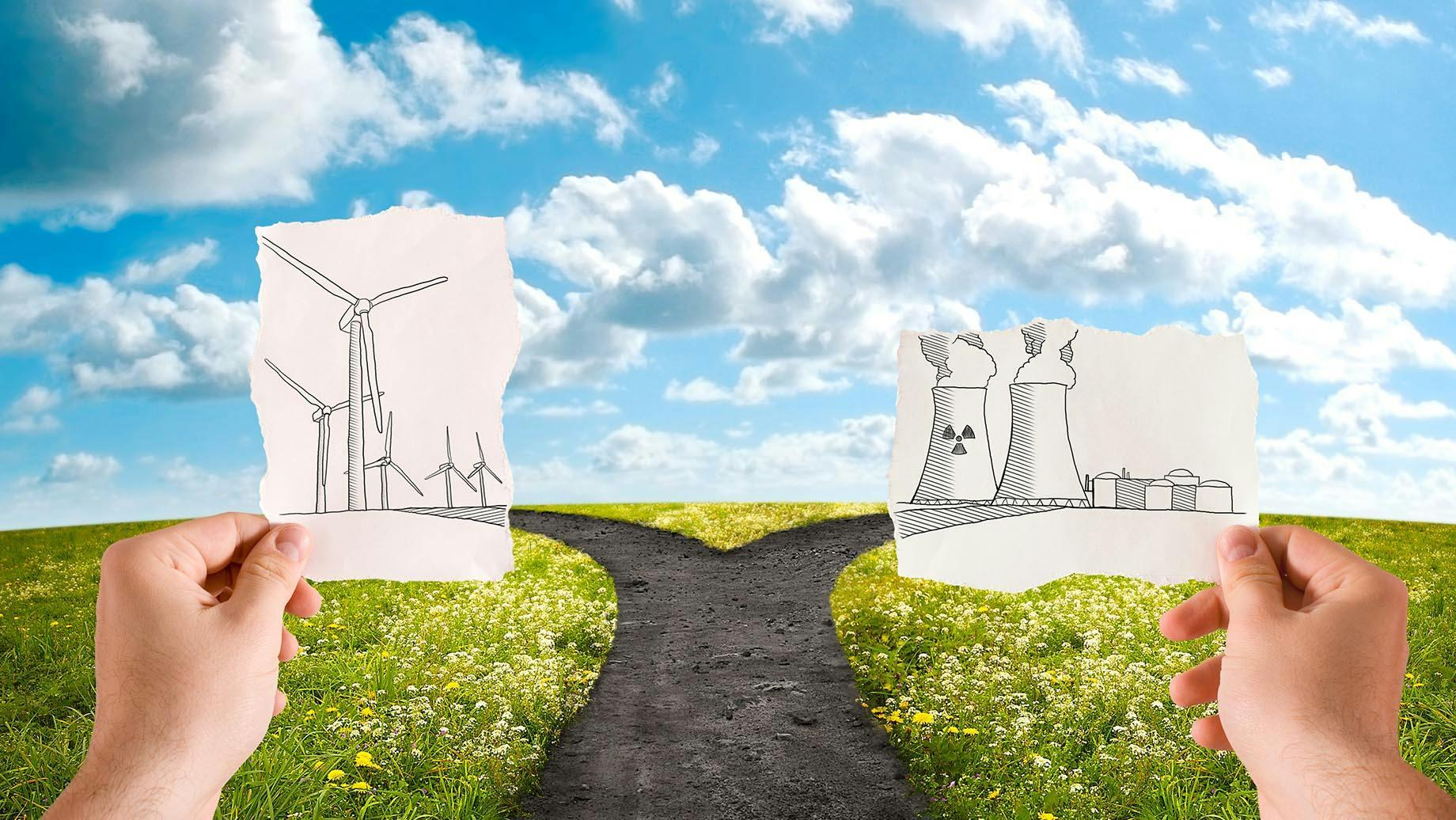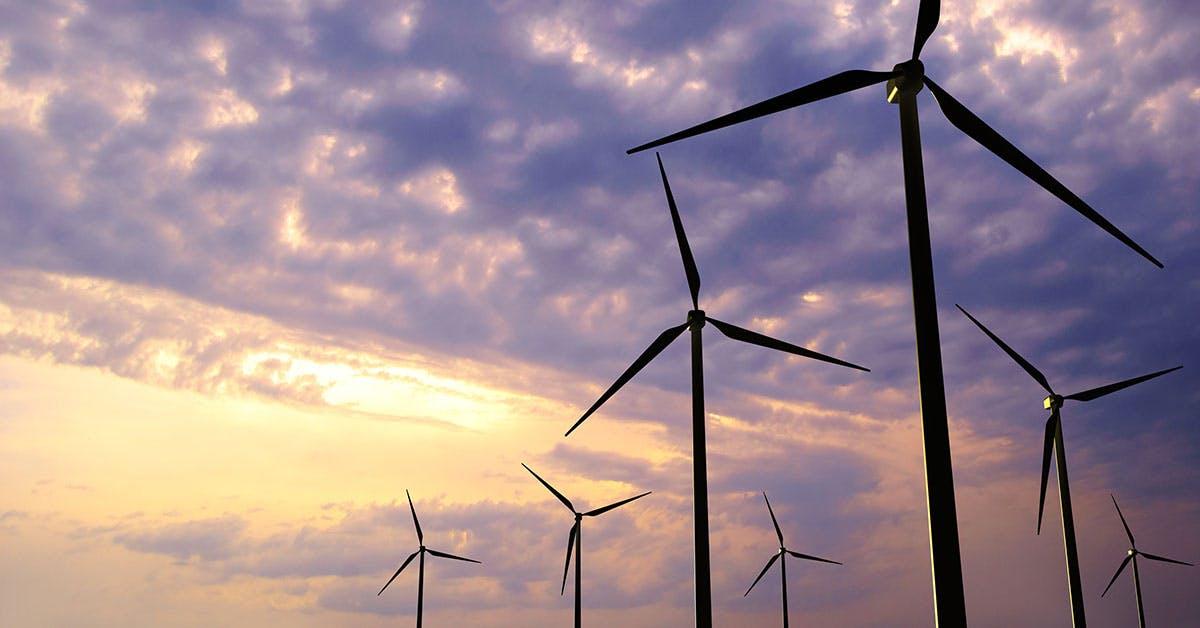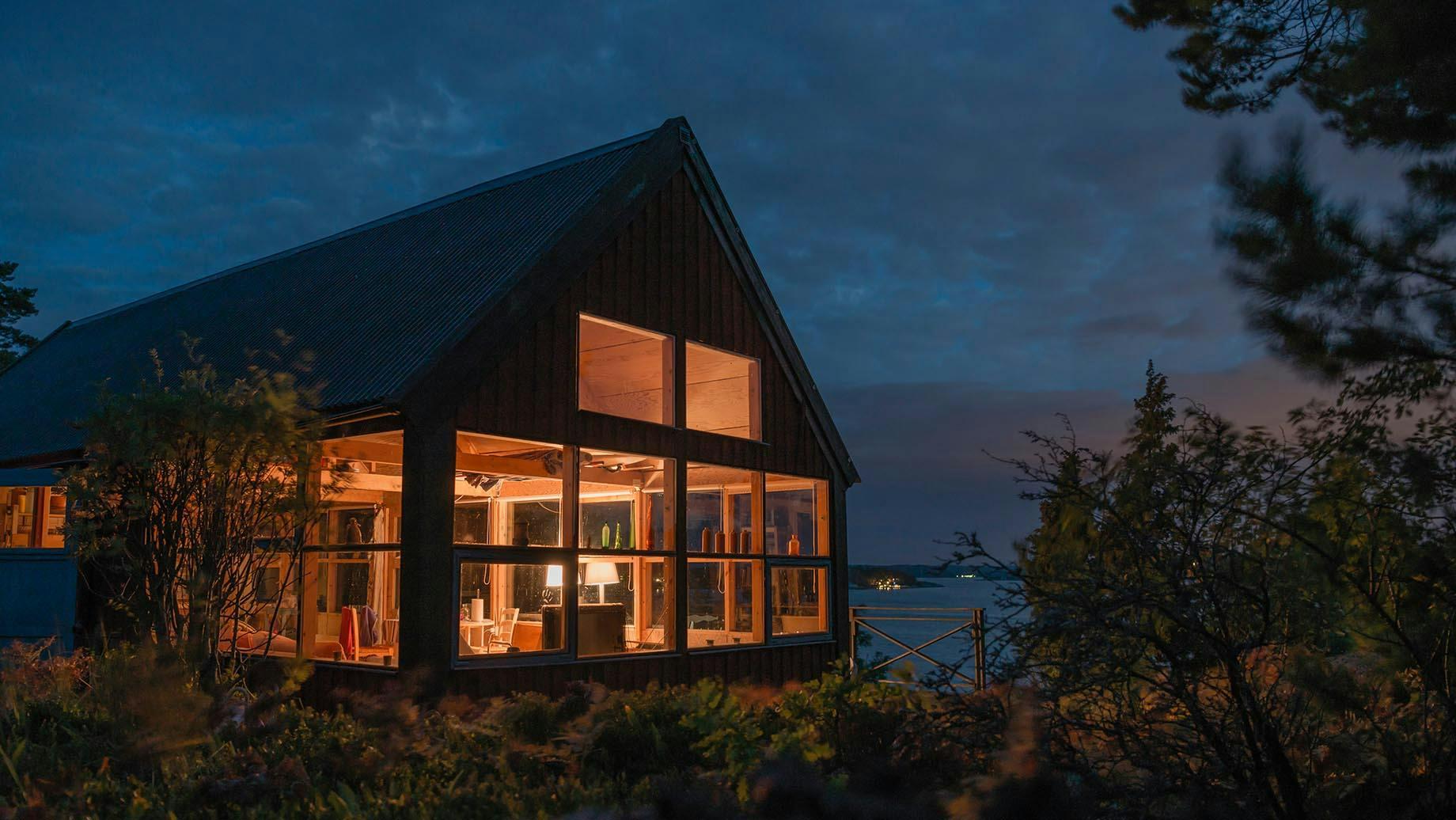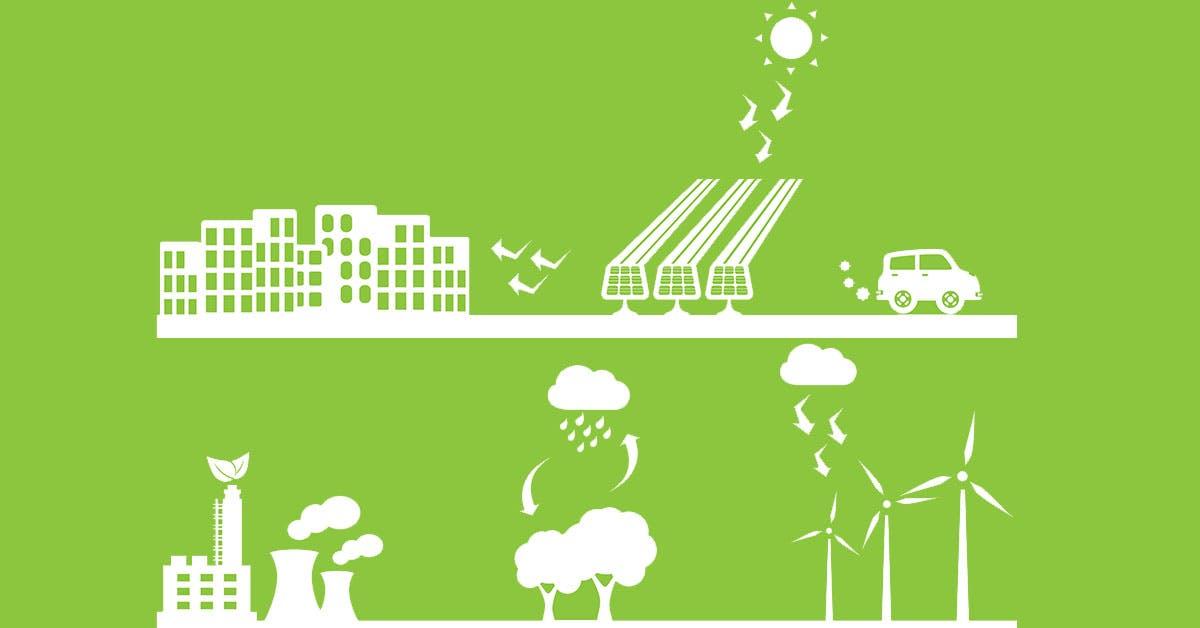
How to Save Energy in 2022
Inspire Clean Energy
17 min read
category: Sustainable Living
Don't worry about climate change— do something about it.
Our clean energy plans are the easiest way to reduce your home's carbon footprint.
Switch to clean energyThese days everyone is looking for easy ways to save money, and cutting down on your energy usage is the perfect way to start. Energy bills can add up fast, and often make up a large percentage of your home’s monthly expenses. So, it’s beneficial, both for your wallet and for the environment, to try to save energy whenever and wherever you can.
Let’s take a look at some of the best ways you can minimize your carbon footprint and save energy in your home, at work, and everywhere in between in 2022.
How to conserve energy at home
Deciding that you want to be better about saving energy at home doesn’t mean that you have to go out and replace all of your appliances with energy-efficient ones. It simply means that you’ll need to make a few small changes to your lifestyle and daily habits when you’re at home. This includes getting into the habit of doing things like turning off appliances when you aren’t using them, using energy-sucking appliances less often (like your dryer or dishwasher), putting on an extra sweater instead of turning up the heat, and keeping your AC turned off unless there’s a heatwave and you really need it.
Making a conscious effort to create new energy-saving habits like these is a really easy way to save energy — and money — at home.
How to conserve energy in your kitchen
Try to only use hot water when you really need it. Everytime you turn the faucet to hot, energy is used to heat up the water. So, it will save you a whole lot of energy just by simply using cold water whenever you can.
Another important but easy-to-forget trick for saving energy is to check the seals on the doors of your refrigerator, freezer, and oven. An easy way to do this is by sliding a piece of paper between the door seal and the appliance. If the paper slides through easily, that’s a sign that heat or cold could be escaping — wasting precious energy and money in the process. If this happens to you, you’ll want to replace the seals on the doors as soon as possible.
For more tips about saving energy in the kitchen, check out our guide here.
How to save energy by using your refrigerator
There’s more to refrigerator usage than meets the eye, and when you’re thinking about energy efficiency, there are right and wrong ways to store your food. You can actually save energy by tightly covering the food that you store in the refrigerator. This is because, when left uncovered, foods release a lot of moisture that forces the compressor to work harder to keep the refrigerator at the right temperature. By simply putting food into airtight containers you can trap in moisture (which will make your food stay fresher longer!) and keep your refrigerator from having to use extra energy.
How to save energy when cooking
If you love using your oven, but don't love wasting energy, then this tip is for you. Simply turn off your oven a few minutes before your food is actually ready to come out and you’ll save yourself more energy than you’d think. And as long as you don’t open the oven door, the heat still in the oven will be enough to continue cooking the food without drastically impacting the temperature inside. And the good news is you can do the very same thing when cooking on the stove.
How to save energy with appliances
The appliances we use every day can have a big impact on our energy usage. Make sure that you only run the dishwasher when it’s completely full. That way you’ll use it less often, saving both energy and water. Just don’t overfill it, or some of your dishes might not come out quite as clean as you’d like.
How to save energy when doing the laundry
One easy way to save energy when doing your laundry is by washing your clothes in cold water whenever possible. Considering that 90 percent of the energy used to do laundry goes toward heating the water, washing your clothes on a cold cycle is the way to go. And with newer, energy-efficient washers and specially formulated detergents, cold water is just as good at cleaning your clothes without using the extra energy.
How to save energy in your bedroom
Saving energy in your bedroom can be as simple as keeping your closet doors closed. Having your closet doors open increases the size of your bedroom by more than you may realize, meaning that your AC or heated needs to work harder to reach that extra square footage.
You can also unplug your devices whenever you aren’t using them or are asleep. Your electronics and devices pull electricity even when they aren’t being used or are fully charged. Keeping these devices plugged in simply wastes energy and can really add up when your energy bill arrives.
How to save energy at work
There are a number of simple ways you can save energy at work:
- Only print when you need to — this will save energy and paper!
- Switch off and/or unplug appliances whenever you’re not using them.
- Use natural light coming in from windows when possible instead of switching on your desk lamp.
- Ask the building to install solar panels if they’re able to.
- Check for repairs on window and door seals to eliminate drafts and cut down on the need for heating.
- Replace light bulbs with energy-efficient alternatives.
- Turn the heater off over the weekend – you might be surprised to learn that most offices don’t do this!
How to save energy at school
There are a lot of simple ways that schools can save energy:
- Turn lights off in rooms that aren’t being used, or even replace lights with motion sensors so they turn on or off automatically.
- Replace light bulbs with energy-efficient ones.
- Install faucets that turn off after a certain amount of time to conserve water.
- Seal all exterior windows and doors to make them draught-proof.
- Close interior doors to keep classrooms at a constant temperature and turn off heating where possible over the weekends or any time rooms won’t be used for long periods.
How to save energy on heating
Installing a programmable or smart thermostat can help you to save energy on heating. This type of thermostat will automatically control your heating whenever you are out of the house or asleep. This will help you make sure that energy isn’t being wasted when you’re not looking.
It is also important to make sure that your home is properly insulated. A well-insulated home is more efficient at keeping heat out during warmer weather and keeping heat in during colder weather. Obviously, if you live in a region that has a warmer climate, your insulation may not need to be quite as extensive as it would need to be in a colder climate. The level of insulation also depends on the type of home you live in.
How to save energy when running your AC
If you live in a particularly warm climate, your air conditioner is probably a very important part of your home, in which case, you are probably wondering how you can save energy when running your air conditioner.
First, make sure your AC unit and thermostat aren’t too close to other appliances in your home, as they will give off heat while running and can essentially trick the AC system into thinking your home is warmer than it is, causing it to work harder.
You should also ensure that your air conditioning system is regularly cleaned and kept in good condition. This is particularly true for the filter and the duct system.
Make sure that you do not interfere too much with the thermostat. Setting it to a lower-than-desirable temperature will not cool your home any faster, it will simply take longer for the system to reach that temperature. Give it time — it will reach your ideal temperature eventually!
How to use an HVAC system to save energy
Upgrading your HVAC system can help you to save a lot of energy. ENERGY STAR-certified furnaces are much more energy efficient than older models, so having one will save you money on your heating bill. Though air conditioners don't contribute as much to energy bills as heaters, it’s still a good idea to upgrade this to a more energy-efficient system as well.
It is also important to make sure that your ventilation system is properly sealed and insulated, as a lot of energy can be lost through ducts if it’s not. Keeping the ventilation system in the best possible condition is important for maintaining maximum energy efficiency.
How to use the sun to save energy
Opening your blinds or drapes on sunny days during the winter will let warm sunlight in, making it so that you don’t have to turn your heater on quite as high. Just make sure you don’t change the thermostat up and down too often as this can end up using more energy.
You can also consider changing the layout of your rooms depending on the season, moving furniture to sunny spots during the winter, and cooler spots during warmer months.
How to save on energy bills
Working to reduce your energy use in your home is not only beneficial to the environment, but it will also help you to save on your energy bills. Even doing something as simple as turning off lights when you aren’t in a room or washing dishes by hand can save you a lot on your energy bills.
How can you save energy in the community?
The majority of energy in the U.S. is collected and delivered through centralized facilities owned and maintained by giant corporations and utilities. As a result, the principal energy source, whether coal, natural gas, oil, or uranium, usually comes a long way from where it's consumed.
Energy-efficient sources like renewable energy, on the other hand, allow power to be "produced" closer to end-users, resulting in consumer benefits. Large commercial firms, such as investor-owned wind farms and individual families and businesses, may be involved in developing local energy resources. However, numerous collective and community-scale approaches enable local energy users to enjoy the benefits of growing local energy resources. These joint initiatives help local communities by transferring energy to create community energy.
The most prevalent community energy technologies are small-scale wind, solar, and hydropower systems. When used with energy storage facilities, small-scale energy generation significantly improves community resilience and reduces reliance on less efficient sources for electricity.
When it comes to community energy savings, the essential way to save energy is to educate the community, not just about how but why saving energy helps everyone. Start by promoting residential and commercial power and awareness while reducing energy consumption. Furthermore, communities can minimize community waste, encourage alternative transportation, promote sustainable land usage and promote community resilience.
Why does saving energy matter?
First, saving energy can clean the air by reducing emissions that cause air pollution, such as nitrogen oxides, sulfur dioxide, soot, mercury, and lead. While power companies try to prevent these pollutants from entering the air, they have not found effective methods yet. By using renewable energy, we can reduce fuel burning and pollution.
Energy savings can improve home comfort and safety by improving ventilation and air quality indoors. People can save money too, by using more efficient and economical appliances that also heat and cool homes better. Energy savings can improve the climate by reducing greenhouse gas emissions and pollutants. It can save communities money while also making communities more livable.
Energy savings help people breathe better, but it also improves drinking water, the community, air pollution, and the conservation of natural resources. Overall, these all lead to a healthier living environment while saving money and creating jobs1.
How does energy savings help you financially?
Energy expenses account for a large amount of recurrent monthly spending as a homeowner. The U.S. Department of Energy says that you can save anywhere from five to 30 percent on electric bills by using energy-efficient appliances and making house improvements. Energy-efficient appliances use less energy over their service lives without sacrificing quality, and they're a great way to save money on energy bills.
Energy-saving appliances and additions to the home can increase the property value while reducing utilities and repair bills. They enhance the quality of life by making a more comfortable and healthy living environment. People who make smart energy decisions will experience better health from proper ventilation and lower health risks from pollutants.
People who make smart energy investments help protect the environment by reducing their carbon footprint. By investing in more efficient energy usage, the average home may lower its energy use (and thus its greenhouse gas emissions) by 25 to 30 percent. In addition, with electricity prices rising, you can use energy investments to reduce rising electricity costs. Lastly, energy savings can even generate a return by saving you significant money and reducing the overall cost of bills2.
What is energy efficiency?
Energy efficiency refers to using less energy to accomplish the same task compared to a different source. Many products, residences, and structures use more energy than they require to operate because of inefficiencies and energy waste. One of the simplest ways to decrease energy waste and lower energy expenses is to increase energy efficiency.
Pushing for energy efficiency is one of the most cost-effective methods to slow the climate change curve. Energy-efficient products and places cost less to operate, assisting families in sticking to their budgets and enhancing businesses' bottom lines. As a result, millions of people and companies in the United States opt for or invest in energy-efficient products. Some examples of energy efficiency include LED bulbs, energy-efficient windows, insulation, smart thermostats, and smart homes with Energy Star appliances.
Adjacent power plants power the majority of light switches and outlets. These power stations primarily use fossil fuels like natural gas and coal to generate electricity. The release of greenhouse gases, such as carbon dioxide, contributes to climate change due to burning fossil fuels. In addition, power plants provide energy at the cost of harmful air pollutants such as nitrogen oxides, sulfur dioxide, and particulate matter that make air unhealthy to breathe. Fossil fuels contribute to unhealthy air too by lowering air quality with greenhouse gases threatening climate change and more3.
What is energy conservation?
The practice of using less energy is known as energy conservation. Energy conservation includes:
- Turning off lights when you leave a room.
- Disconnecting equipment when they're not in use.
- Walking instead of driving. People conserve energy for two significant reasons: gain more control over their energy bills and minimize Earth's natural resources demand.
Although energy conservation and energy efficiency are related, they are defined differently in the energy sector. Energy conservation is altering your actions and habits to use less energy. On the other side, energy efficiency is adopting equipment that uses less energy to perform the same purpose. Light bulbs that save energy, major household appliances, smart thermostats, and smart home hubs are all examples of energy-saving technology.
What happens if we start saving more electricity?
Although it may not be immediately apparent, there is a clear link between your energy consumption and the environment's health. When you use less energy, you help to limit the number of hazardous fumes generated by power plants, save natural resources, and protect ecosystems. You may help make the planet a better and happier place by reducing your energy intake.
The most obvious way that conserving energy benefits the environment is by lowering power plant emissions. Most power plants use coal, crude oil, or other fossil fuels to generate electricity. Although this kind of energy creation is relatively inexpensive, it comes at a cost to our planet: carbon dioxide, sulfur dioxide, and nitrogen oxides are just a few of the byproducts of traditional power generation.
Emissions and pollutants can lead to rising temperatures, higher sea levels, abnormal weather patterns, increased natural disasters and intensity, and smog or acid rain. Reducing energy consumption lowers the quantity of electricity power plants require, lowering the number of fossil fuels burned each day. Even a minor modification can have a significant impact.
When you choose to reduce your energy consumption, you also contribute to the conservation of limited natural resources that might otherwise be utilized to fuel power plants. When there is less demand for energy, there is less desire for fossil fuels to be used. Trees, coal, natural gas, and other resources can be saved by turning off lights at night or washing clothing in cold water. In addition, making energy-saving choices can improve the ecosystem and reduce harm to animals and extinction to endangered species.
What happens if we don't save energy?
When generating electricity, negative repercussions appear. The more electricity generated, the more carbon dioxide is released, which sits in the atmosphere and contributes to climate change. If we do not start saving energy and reducing pollutants along with emissions, we will see ice caps melting, more heat waves, more flooding, reduced plants and animals, reduced supply, higher energy costs, and increased carbon footprints.
Where is the most energy wasted?
Homes waste the most energy with the overuse of air heating and cooling, lighting, washing and drying clothing, and electronic items. Companies are often at fault, too, but oil and gas companies, power generation companies, and transportation companies4.
Is renewable energy more efficient?
Renewable energy is generally more efficient than non-renewable energy in terms of energy efficiency. Wind, solar, and hydro power can all be reused without relying on a finite resource. Scientists and environmentalists are optimistic that more environmentally-acceptable energy alternatives will be created in the future. The hope is that we will no longer need to rely on fossil fuels in the future. Wind energy tends to be the most efficient way to garner renewable energy.
What is the short-term outlook for energy usage?
Over the next couple of years, as increasing generations of energy from renewable sources rise, it's predicted that energy production from natural gas will drop as costs rise and cleaner alternatives become more available. Nuclear power should remain the same while wind and solar will increase as energy options. Droughts in the west should ease and improve the possibilities for hydropower with a slight increase. Overall, this should reduce carbon dioxide emissions moderately, making positive changes to the health of people, animals, and the environment5.
Conclusion: You can help save energy
As more and more people are becoming aware of their impact on the planet, saving energy has become something many strive to do — and do better. Sometimes, no matter how much we try to save energy in our homes, it doesn't feel like enough. This is why using clean energy is such a practical option. When the energy you use to power your home has no environmental impact, you can use as much as you need without worrying about increasing your carbon footprint. Switching to clean energy can significantly reduce your carbon footprint without your having to make any of the changes mentioned above.
Visit our homepage and enter your address and/or ZIP Code to get started. If Inspire's clean energy supply plans are available in your area, you can proceed with linking your utility and discover the beginning of consistent and predictable monthly energy bills.
Access clean energy for one flat monthly price—subscribe today.
Don't worry about climate change— do something about it.
Our clean energy plans are the easiest way to reduce your home's carbon footprint.
Switch to clean energy
Inspire Clean Energy
We're on a mission to transform the way people access clean energy and accelerate a net-zero carbon future.
Learn more about Inspire →Explore more
Recent Posts
Top Articles



